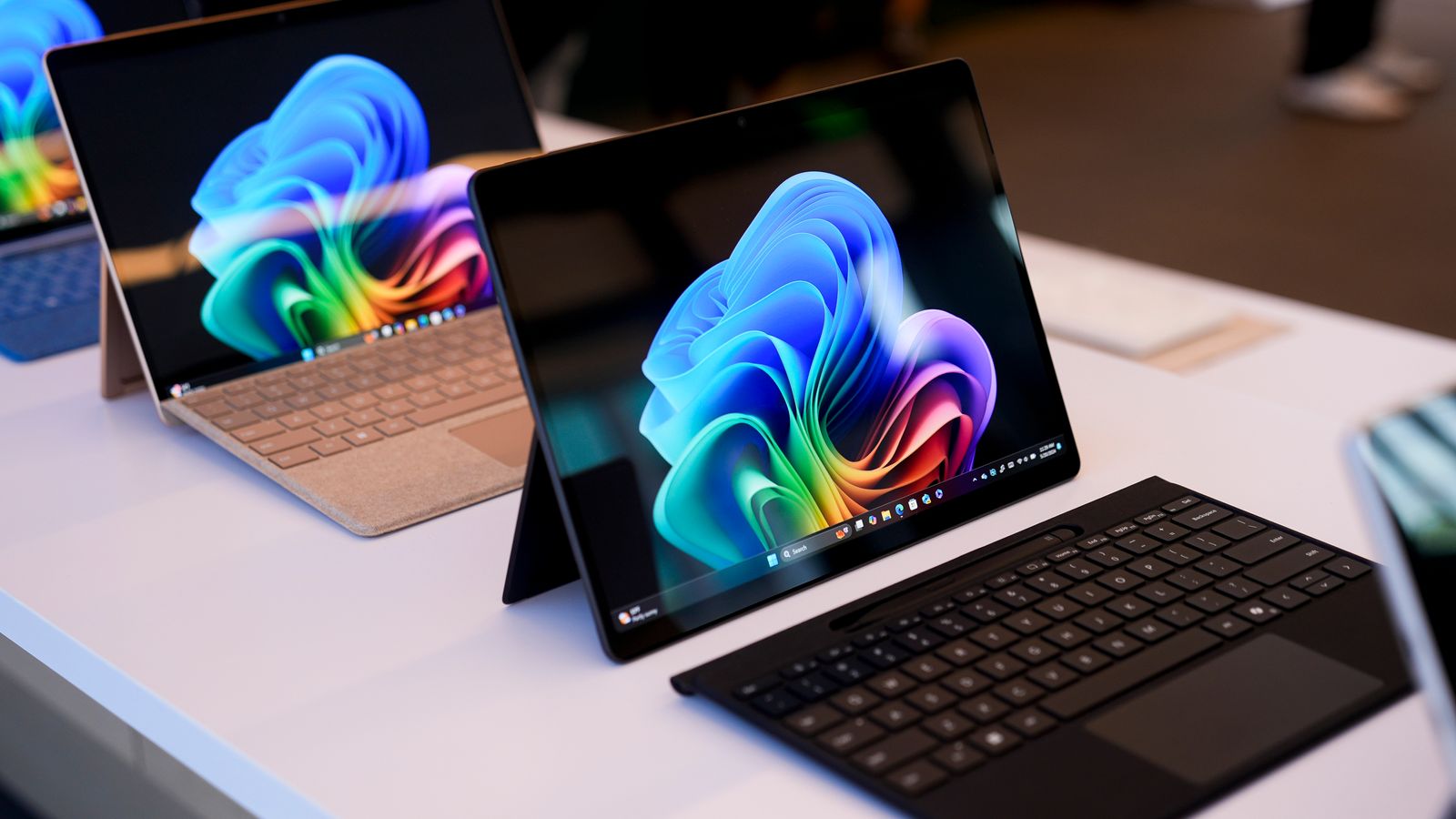A New Era of Surveillance or Convenience?
Imagine a tool that can recall every single action you’ve taken on your computer, almost like a photographic memory for your digital life. Microsoft’s new Recall feature, part of its AI program Copilot+, does just that by taking screenshots of users’ laptops every two seconds. While this promises unprecedented convenience, it also raises significant privacy concerns. The UK’s Information Commissioner’s Office (ICO) has launched an investigation into the feature, probing the safeguards in place to protect user privacy. Let’s have a look into the specifics of this controversial feature and explore its potential implications.
The Recall Feature: Innovation or Invasion?
How Recall Works
Recall is designed to help users easily find and remember things they’ve seen on their laptops using natural language searches. Whether it’s a brown leather bag you spotted while shopping online or a specific detail in a document, Recall can pull up screenshots from your activity and link you back to relevant websites or files. Microsoft touts this feature as a way to enhance productivity and streamline user experience.
The Promise of Enhanced Memory
By leveraging AI, Recall offers a virtual “photographic memory” for your laptop. Users can search for specific terms, and Recall will display all relevant screenshots taken during the activity. This capability extends beyond just web browsing to include documents, presentations, and other files on the user’s laptop. For instance, if you were working on a project and need to find a particular section you edited, a quick search will bring up the relevant screenshots.
Security Concerns: A Goldmine for Hackers?
Expert Warnings
Despite its potential benefits, cybersecurity experts have raised alarms about the risks associated with Recall. Muhammad Yahya Patel, lead security engineer at Check Point, describes the feature as a “grab and go” target for criminals. By storing detailed records of user activity, laptops equipped with Recall could become lucrative targets for hackers.
Risks of Sensitive Data Exposure
One of the primary concerns is that Recall does not censor the information it captures. This means personal information, visible passwords, and even sensitive medical information could be stored in the screenshots. If a hacker gains access to the laptop, they could potentially exploit this treasure trove of information. Charlie Milton from Censornet points out that this level of insight into a user’s behavior could be used to craft highly convincing scams, increasing the risk of fraud.
Microsoft’s Safeguards: Are They Enough?
Local Storage and User Control
Microsoft has addressed some of these concerns by stating that all screenshots will be stored locally on the user’s laptop, not in the cloud, which should theoretically reduce the risk of remote hacking. Additionally, the company emphasizes that users remain in control of their data. They can delete individual snapshots, adjust the time ranges for recorded data, pause the feature, or stop it from recording specific apps and websites.
Physical Access Requirement
Microsoft further argues that a hacker would need physical access to the device, along with the ability to unlock it and sign in, to access the stored screenshots. This adds a layer of security, as remote attacks would be less likely to succeed without physical access.
ICO’s Investigation: Seeking Clarity and Assurance
The ICO’s Role
The ICO’s investigation aims to understand the measures Microsoft has implemented to safeguard user privacy. This inquiry will assess whether the data protection principles are being adhered to and if the risks associated with Recall have been adequately mitigated.
Potential Outcomes
Depending on the findings, the ICO could recommend additional safeguards, mandate changes to how Recall operates, or even impose penalties if privacy laws are found to be violated. The outcome of this investigation will be crucial in determining the future of Recall and similar features in the tech industry.
The Broader Implications: Privacy in the Age of AI
Balancing Innovation and Privacy
The Recall feature represents a broader trend in the tech industry, where AI is increasingly used to enhance user experience and productivity. However, this also brings forth significant privacy challenges. Striking the right balance between innovation and privacy protection is becoming ever more critical.
The Future of User Data
As AI continues to evolve, the way user data is collected, stored, and utilized will undergo significant changes. Features like Recall could become commonplace, but they must be designed with robust privacy safeguards to prevent misuse. The industry must prioritize transparency, user control, and data security to maintain user trust.
A Turning Point for Digital Privacy
Microsoft’s Recall feature has sparked a vital conversation about the intersection of convenience, innovation, and privacy. While it offers a glimpse into the future of AI-enhanced user experience, it also highlights the need for stringent privacy protections. The ICO’s investigation will play a crucial role in shaping the future of such technologies, ensuring that user privacy is not compromised in the pursuit of technological advancement.
As we await the results of the ICO’s inquiry, one thing is clear: the tech industry must tread carefully, balancing the benefits of AI with the paramount importance of user privacy. The outcome will not only impact Microsoft but also set a precedent for how AI-driven features are developed and regulated in the future.
RECOMMENDED ARTICLES
The Race for an AI-Powered Personal Assistant
OpenAI’s app store draws investors and students seeking artificial aids
Elon Musk’s Neuralink Shows First Brain-Chip Patient Playing Chess
NHS AI test spots tiny cancers missed by doctors
Google’s AI Evolution: Goodbye Bard, Google’s AI is now Gemini
Microsoft becomes $3trn company on AI-driven rally
